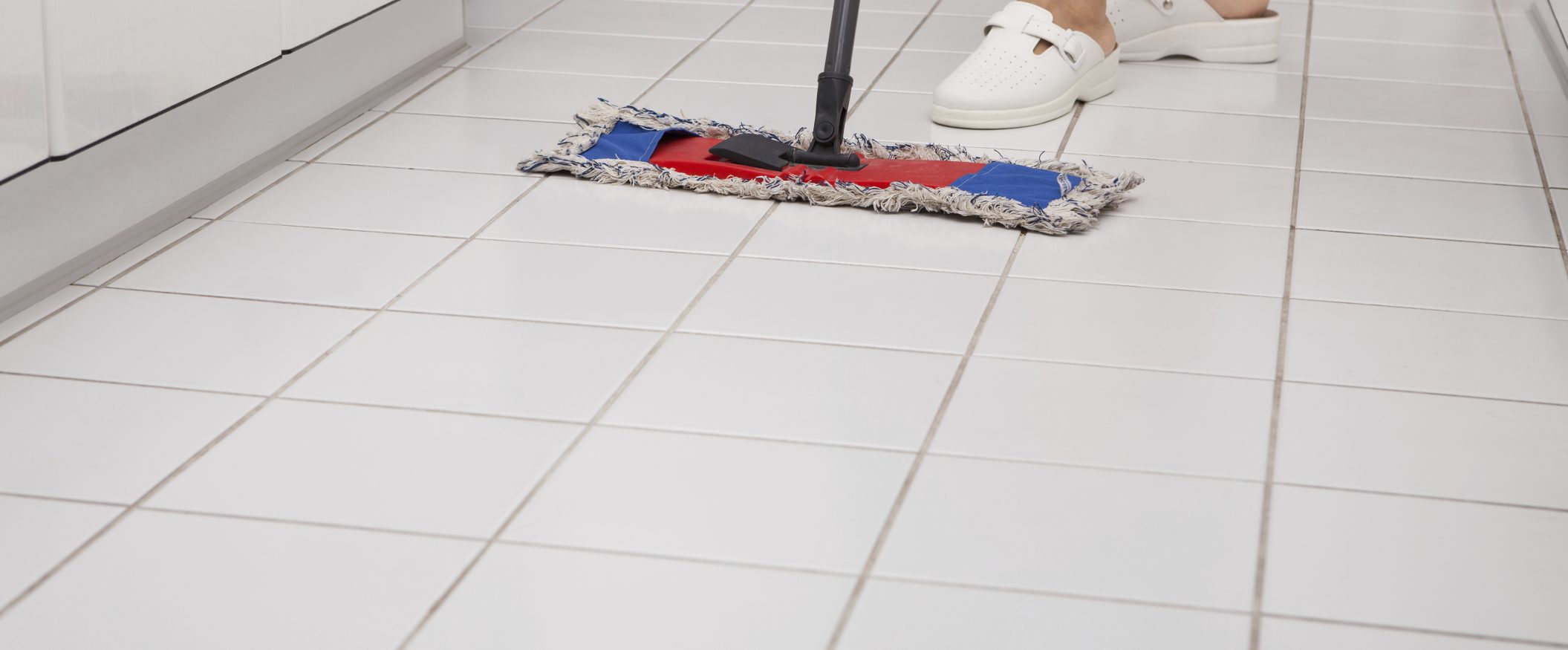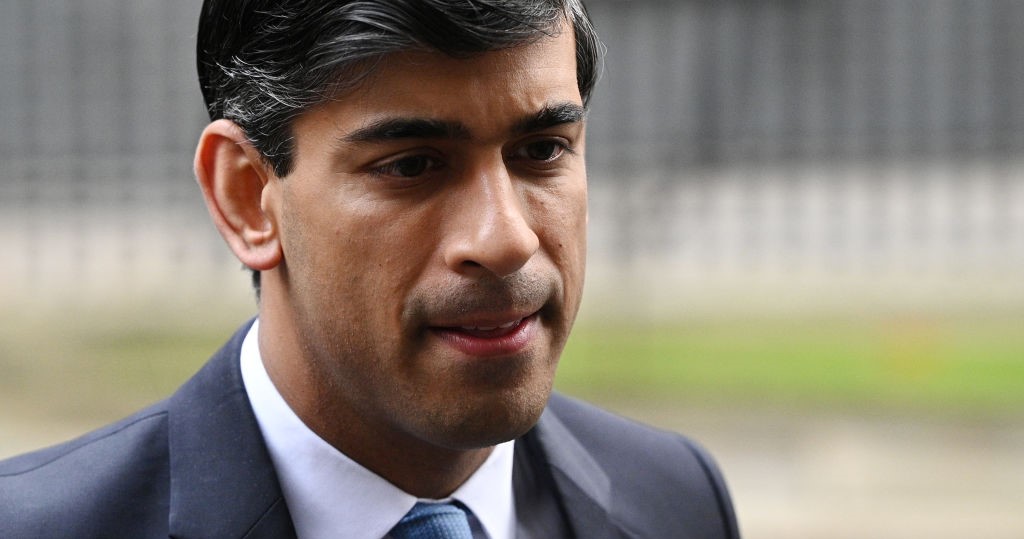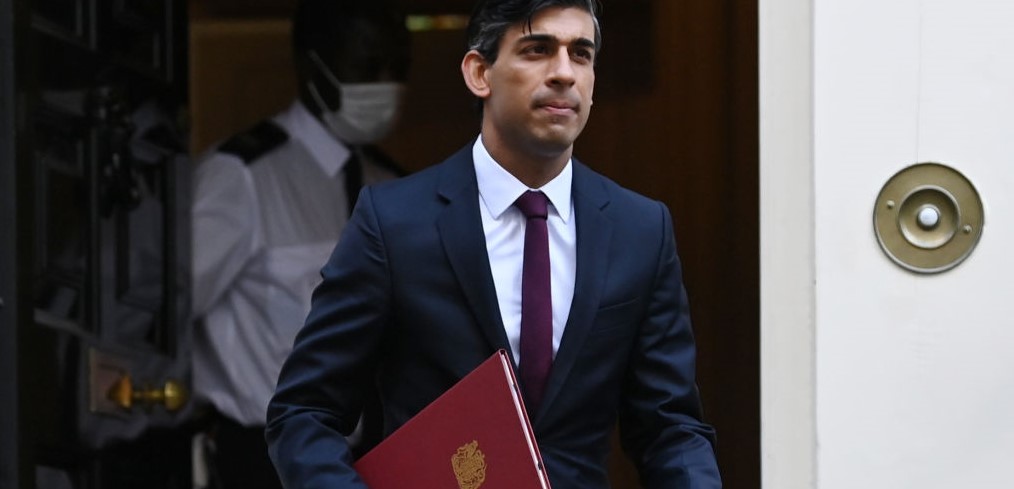One per cent in wages â€howl’
When the National Minimum Wage (NMW) was first introduced in 1999, many in the business community claimed the sky was falling – unemployment would skyrocket, profits would fall, and the very people that a statutory minimum wage was supposed to help would end up losing out.
But the exact opposite happened after the flagship Labour policy came into effect.
Research from the London School of Economics found that aggregate unemployment actually fell after the NMW was introduced, and it had a profoundly positive impact on pay for those at the bottom end of the wage distribution. Even when examining low-pay sectors such as hospitality, cleaning and retail, which would have ostensibly been worst hit by the new NMW, employment rose in these sectors between 1999 and 2006 from 6.3m to 6.7m.
If anything, the NMW was a boon for both workers and business.
Now that the chancellor George Osborne has introduced a higher National Minimum Wage, which will rise to £7.20 an hour this year and continue increasing to £9 an hour by 2020, businesses are at it again – warning that the wage hike will cause unemployment and will force them to pass on the higher wage bill to the consumer.
â€Implausible’ claims
Clothing retailer Next joined several profit-flush companies this week, including Whetherspoons and Whitbread, the group owning Costa Coffee, arguing that the new minimum wage will hit profits and hamper job creation. The cost, they warn, will be passed on to consumers in the form of higher prices.
They were backed up by the Confederation of British Industry’s new president Paul Dreschler, who claimed to the Financial Times earlier this week that the wage hike would have a “dramatic impact” on profitability and hiring.
“I’ve talked to several chief executives and been surprised by the impact on their profits of the change,” Paul Drechsler told the FT. “In one [big] company it would wipe out all of their profits.”
Dreschler added that for â€people businesses’ in the service industry, the new wage hike would mean reduction in staff by as much as 10 to 20 per cent.
But director of the National Institute of Economic and Social Research Johnathan Portes told UNITElive that the CBI’s claims are far removed from reality.
“The assertions from the CBI quoted in the FT seem implausible on their face and inconsistent with the evidence,” he said.
“The Office for Budget Responsibility estimates that the impact on wage bills will equal about 1 per cent of aggregate corporate profits,” Portes added. “That’s not nothing – but if, as the CBI president claims, that would completely wipe out the profits of one very big company, then frankly that company’s doing something very wrong already.
“His â€estimate’ that â€people businesses’ will reduce employment by 10 to 20 per cent seems even more fanciful,” he went on to say. “More than 5m people work in retail and hospitality and catering – does anyone seriously claim that the proposed higher minimum wage will cost more than half a million jobs, compared to the OBR’s estimate of 60,000? Certainly there is absolutely nothing in the economic literature or existing evidence to support this claim.”
Profit surge
Costa Coffee owner Whitbread has warned about coffee price rises against a backdrop of skyrocketing profits – it recently reported a surge in profits by more than 18 per cent this year to £500m. The company, which also owns Premier Inn, awards its CEO more than £6m including bonuses and incentives.
Former director of the World Development Movement Deborah Doane argues that companies passing on wage hikes to consumers is only an excuse to “maintain the ridiculously high salaries of those at the top.”
“Costa is effectively giving with one hand and taking with the other,” she said. “This isn’t about income inequality; it’s about business as usual for the 0.1 per cent who refuse to have less in favour of the greater good.”
Indeed, now that already low-paid workers will be saddled with higher prices on consumer goods, they will be doubly hit by cuts to tax credits announced in Osborne’s most recent budget.
Working people attacked
A report released on Wednesday (September 9) by the Institute for Fiscal Studies found that the minimum wage hike, which Osborne has disingenuously branded a “living wage”, will not make up for cuts to in-work benefits, leaving those on low-income significantly worse off.
The report found that cuts to tax credits will slash on average of ÂŁ750 a year from low-income households. The new so-called â€living wage’ – which the Living Wage Foundation calculates to be well below what constitutes an actual liveable wage – will add only ÂŁ200 a year to low-income households. This would mean that those already struggling to put food on the table will be more than ÂŁ500 a year worse off as Osborne’s budget is implemented.
Former LibDem leader Nick Clegg railed against the inadequate living wage yesterday that’s being coupled with massive cuts to tax credits.
“Why should, say, a single mother with a young son at home working as a nurse for 28 hours a week earning £18,000 lose a staggering £2,000? Clegg asked. “Or the couple with three children, both working 37 hours a week on the minimum wage, one in a restaurant and the other as a shop assistant, suddenly lose more than £1,200 of their household income? Their income may rise in line with the minimum wage but this will be offset by cuts to tax credits. What possible incentive do they have to work more hours?”
Unite assistant general secretary Steve Turner argued that in austerity Britain, working people face attack both from government and big businesses.
“The chancellor’s new so-called â€Living Wage’ is anything but – it’s only a modest increase in the NMW, which is far from being enough to live on, it arbitrarily excludes those under 25 and it’s cynically employed by the Tory government to serve as a political smokescreen covering up swingeing cuts to in-work benefits,” he said.
“That very successful businesses swimming in profits such as Whetherspoons and Next are attacking a minuscule increase in wages for their lowest paid workers shows just how ideologically committed they are to a world in which the 1 per cent thrive at the expense of the 99 per cent.”
 Like
Like Follow
Follow


